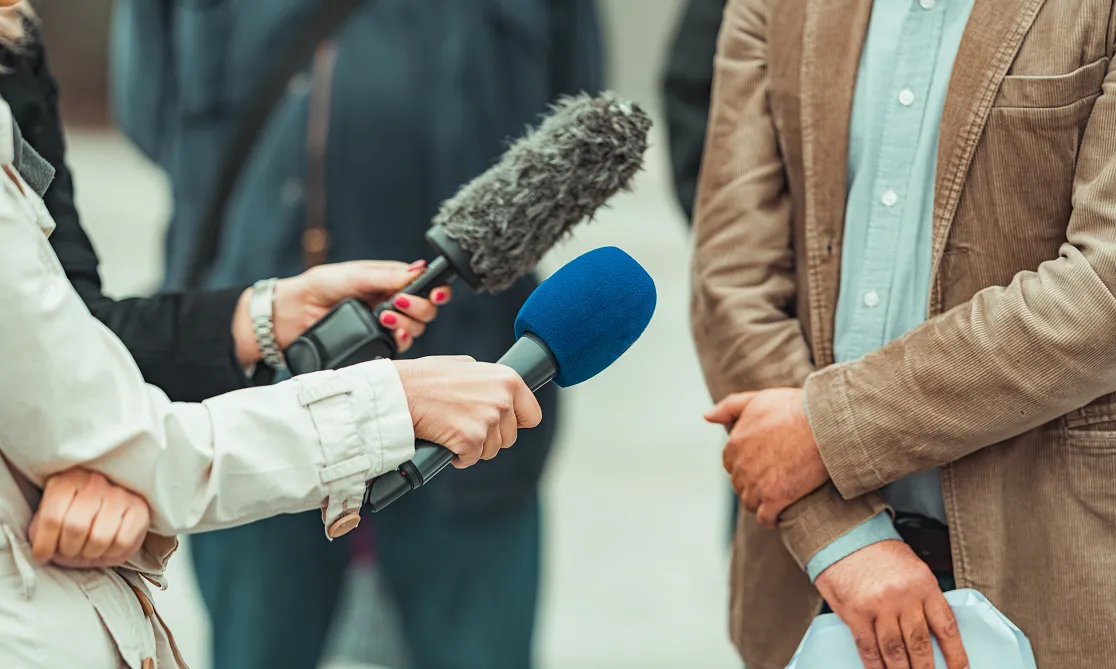Medicare is a government healthcare program that provides coverage to people age 65 or older. Medicaid is a partnership between the federal government and the states that provides health coverage to families and individuals with low incomes and limited resources. Medicaid, and to a certain extent Medicare, are designed to encourage doctors to help patients in need that may not have the means to pay for medical services.
Medicare and Medicaid fraud schemes can vary widely in their scope and complexity. Regardless of how it is perpetrated, fraud against government healthcare programs compromises the integrity of these programs by stealing taxpayer dollars, and can increase the cost of healthcare to everyone.
It should be noted that the prosecution of Medicare and Medicaid fraud under the False Claims Act does not require a specific intent to defraud – deliberate ignorance or disregard for the truth or falsity of information related to a claim can make the provider liable under the law.
Medicare and Medicaid fraud costs taxpayers billions every year, and a number of factors make it difficult to reign in healthcare fraud. Healthcare providers depend upon the government to pay their claims quickly so they can continue to treat Medicare and Medicaid beneficiaries. In order to increase efficiency, claims are processed and paid electronically.
The enormous amount of money changing hands every day, coupled with the need to process an enormous number of claims quickly, make Medicaid and Medicare vulnerable to fraud and abuse.
Examples of Medicare and Medicaid Fraud
Medicaid and Medicare fraud take many forms. The following settlements illustrate the broad nature of Medicare and Medicaid fraud and the important role that the whistleblower plays in exposing FCA violations.
- Rite Aid Corporation paid $2.99 million to resolve allegations that it violated the False Claims Act by using gift cards to induce Medicare and Medicaid beneficiaries to transfer their prescriptions to Rite Aid pharmacies. Charges in the case were originally brought by a whistleblower who filed a qui tam lawsuit. The whistleblower received a reward of over $500,000.
- The owner of two Miami home health care centers was sentenced to prison for her role in a $74 million fraud scheme in which Medicare was billed for expensive physical therapy and home health care services that were not provided or not medically necessary.
- The Justice Department sentenced an owner and operator of two community mental health centers in Baton Rouge, Louisiana, and a patient recruiter for a community mental health center in Houston, Texas for their involvement in a $258.5 million Medicare fraud scheme. Elderly patients in nursing homes were recruited for partial hospitalization psychiatric services they did not need or receive. Some were involuntarily committed. The owner and recruiter were ordered to pay $43.5 million and $3.2 million in restitution and sentenced to 7.5 years and 5 years in jail, respectively. A psychiatrist, who was the medical director of the Louisiana facilities and co-owner of the Texas facility, was previously sentenced to 7 years in prison and ordered to pay $43.5 million in restitution.
- Extendicare Health Services Inc. (Extendicare), a Delaware company that operates a chain of 146 skilled nursing facilities in 11 states, agreed to pay $38 million to settle allegations that it billed Medicare and Medicaid for substandard and unnecessary nursing and rehabilitation therapy services. Two whistleblowers who exposed the fraud shared an award of over $2 million.
How Whistleblowers Can Expose Medicare and Medicaid Fraud
It is estimated that fraud and abuse accounts for roughly 10 percent of all Medicare and Medicaid expenditures annually, costing taxpayers billions and driving up the overall costs of health care. Though government resources dedicated to anti-fraud enforcement are limited, whistleblowers can increase the power and impact of those resources significantly by bringing original information of fraud and abuse to the government’s attention.
Individuals working in the healthcare industry are often in positions that give them inside information on Medicare and Medicaid fraud. The False Claims Act provides whistleblowers with powerful incentives to take action if they discover this abuse. Under the FCA, a whistleblower may receive a significant monetary award if a claim leads to a successful enforcement action. The law also protects the whistleblower from employer retaliation.
A whistleblower (or relator) may file a lawsuit on behalf of themselves and the U.S. government if they have information that suggests fraud has been or is being perpetrated against the government. Such actions are permitted under the FCA, which encourages individuals with inside knowledge of fraudulent activity to take legal action and expose fraud against the government.
If the government joins the action and recovers illegally obtained payments—either through a settlement or verdict—the whistleblower may be entitled to receive between 15 percent and 25 percent of the money recovered. Even if the government does not join the lawsuit, the whistleblower may still proceed individually and receive up to 30 percent of the amounts recovered.
The chances of a whistleblower lawsuit leading to a successful enforcement action is greatly diminished without the government’s involvement. However, whistleblowers who persevere without the government’s help are likely to be awarded more than they would have received had the government intervened.
If you are aware of Medicare or Medicaid fraud and are considering taking legal action, please contact the whistleblower team at Wisner Baum.

